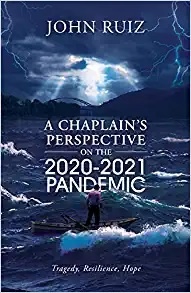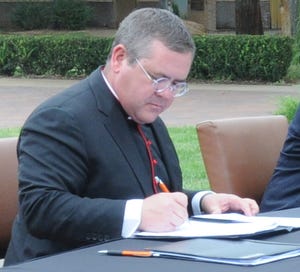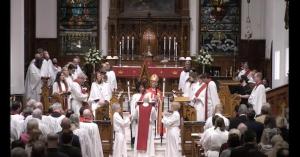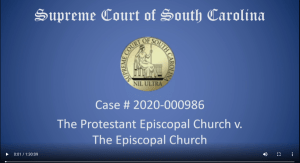
A Chaplain’s Perspective Essay V: A Barge Boat
As an Emergency Department chaplain who also covers COVID+ intensive care units (thirty-two beds). I am called to serve in crisis ministry situations several times a day. In this way, I am frequently present in times of pain, confusion, loss and death. Elisabeth Kubler-Ross and her stages of grief theory continues to provide a valid starting point when understanding and being with those experiencing loss and grief. Today it is commonly understood that for most, the grief journey is not linear (simply one stage to the next) but rather more accurately describes the emotions felt in the “pool of grief”, and these emotions are then experienced in a more haphazard manner. Kubler-Ross identified the emotions of denial, anger, bargaining, depression, and acceptance within the grief journey.








